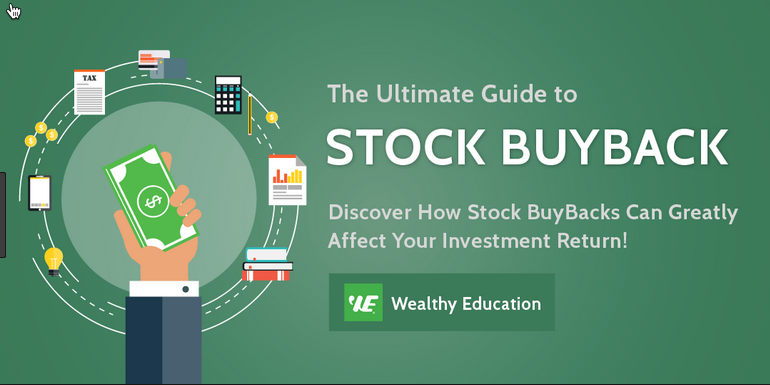America’s 500 biggest public companies in 2018 are expected to distribute up to $600 billion or more through stock buybacks.
Even Warren Buffett, who for more than 50 years has avoided such a move, is considering offering a buyback to his 1 million shareholders in Berkshire Hathaway.
“As the subject of repurchases has come to a boil, some people have come close to calling them un-American — characterizing them as corporate misdeeds that divert funds needed for productive endeavors,” Buffett wrote in his annual letter to shareholders. “That simply isn’t the case.”
Some of America’s best-known companies are right there with him — Cisco Systems, PepsiCo, Oracle, Wells Fargo, Amgen, eBay, Mondelez, Lowe’s, Visa and Google’s parent Alphabet have all announced stock repurchases since December.
These companies and others find themselves sitting on an Everest of cash, thanks to profits pouring in faster than they can find productive ways to spend it. The profits have built up in recent years, aided by low borrowing costs, rapidly advancing technology that has reduced overhead and boosted margins, and international trade that has allowed offshore production of goods at bargain prices.
The Republicans’ corporate tax cut has bought another boon — and may mean that more cash will come home now that there’s less incentive to park it off shore.
At the end of 2017, companies in the Standard & Poor’s 500-stock index were sitting on the largest cash pile in history: nearly $1.8 trillion in cash and equivalents, according to Howard Silverblatt, a senior index analyst with S&P Dow Jones Indices. Nearly 56 percent of that is in cash, with the rest in short-term, fixed-income securities, such as corporate and government bonds that are far less volatile than equities and earnings themselves.
So now companies are prepared to buy back their stock on the open market and put it into the company treasury, reducing the number of shares in circulation.
Unlike dividend payments, which register as income and have immediate tax consequences, stock buybacks offer a big upside for shareholders. Think of a pizza redivided from eight slices to six. It is still the same size pizza, but your slice just got bigger because there are fewer slices. The shareholder doesn’t pay taxes until selling the shares, which could be years.




